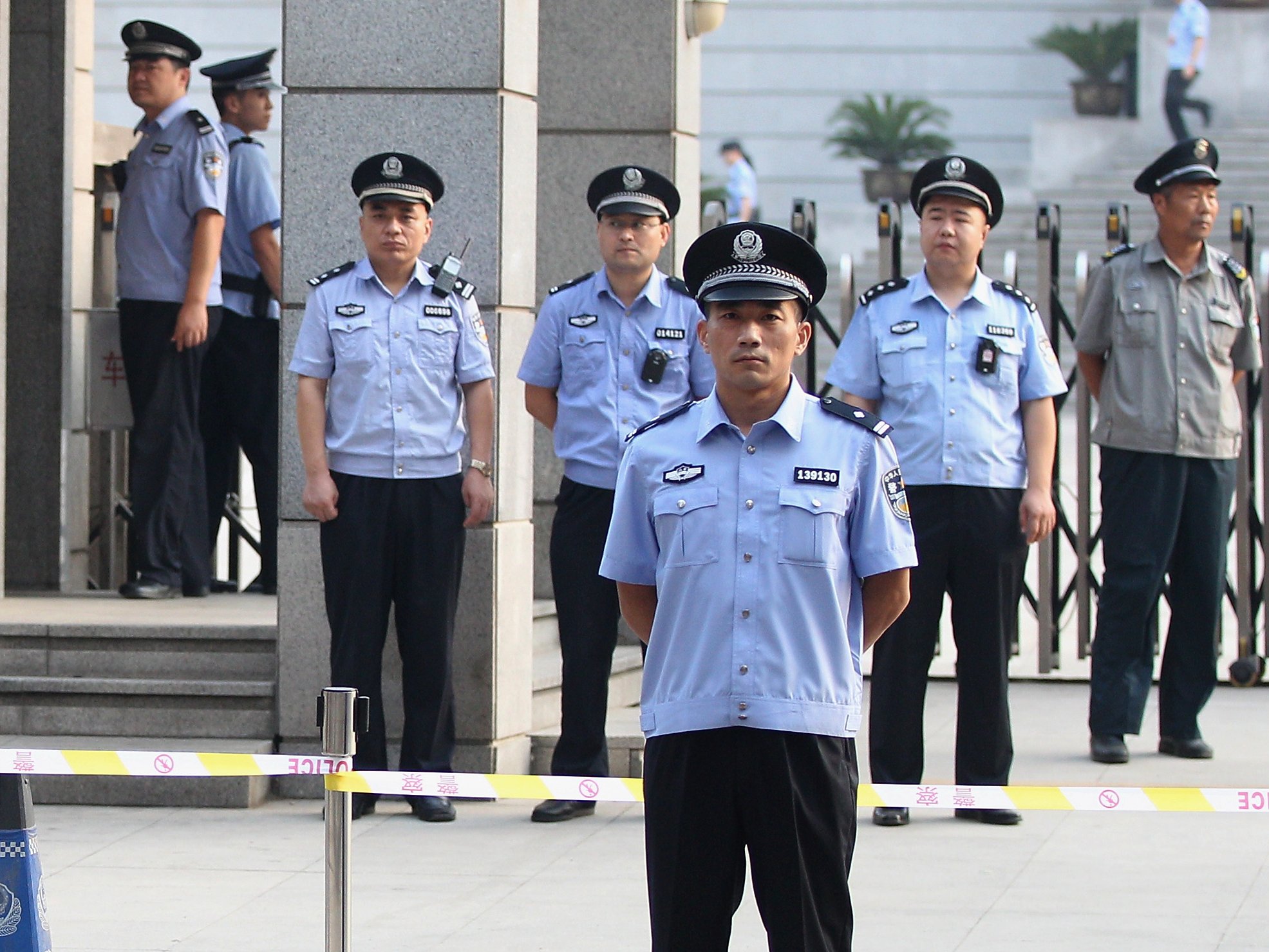China declares war on Ponzi schemes, fundraising ploys
July 26, 20174.8K views0 comments
Chinese police will strike hard against shady financial schemes because of the risk of social unrest from such fundraising ploys, according to the Public Security Ministry.
The warning came a day before a rare gathering of thousands of protesters in Beijing on Monday. They were members of Shanxinhui (Kindness Exchange), a fundraising scheme declared illegal by the Chinese authorities over the weekend.
“There are huge risks in new types of financial crime in this era of the internet … we must resolutely prevent financial crime issues from turning into systemic financial risks to safeguard social stability,” Guo Shengkun, China’s police chief, said in a statement on the ministry’s website.
Guo said at a nationwide meeting with local police authorities on Sunday that law enforcers must use “big data” technology to uncover and stop such crimes as early as possible.
Monetary easing in the past decade and a fragmented financial regulatory framework have led to a mushrooming of fraudulent investment programmes, spreading quickly online and luring millions of mainland investors to put down their savings for the promise of high returns.
Ezubao, a peer-to-peer lending company created by a man in his mid-30s, illicitly obtained more than 50 billion yuan (US$7.4 billion or HK$57 billion) from more than 900,000 investors in just 18 months before it was busted by the police in early 2016.
In the latest case, the Ministry of Public Security recently detained the owner of a Shenzhen company claiming to be engaged in charitable work. Established in 2013, the Shenzhen Shanxinhui promised a 10 to 30% return to “donors” who invested for a period as short as a few weeks. An investor who convinced another to join could get 2 to 6% of the new member’s “donation.”
The company has attracted millions of members and raised a “huge amount of money” from them, according to Xinhua.
Guo, the minister of public security, said that such economic crime cases involving large numbers of people were huge social risks. He said they had to be a key target of economic policing in the coming months to ensure a stable social environment for this autumn’s 19th party congress.
Containing financial risk was a key message delivered by the top leadership at the Central Financial Work Conference this month, where Beijing tried to rein in the expansion of the financial sector and tighten supervision.
“The popularity of Ponzi schemes reflects the fact that large amounts of capital do not flow to serve the real economy but pursue returns in the financial system,” Guan Qingyou, an economist with Minsheng Securities, said. “It shows that … the real economy is weak and the financial system is overblown,” he said.
Report courtesy BusinessInsider
